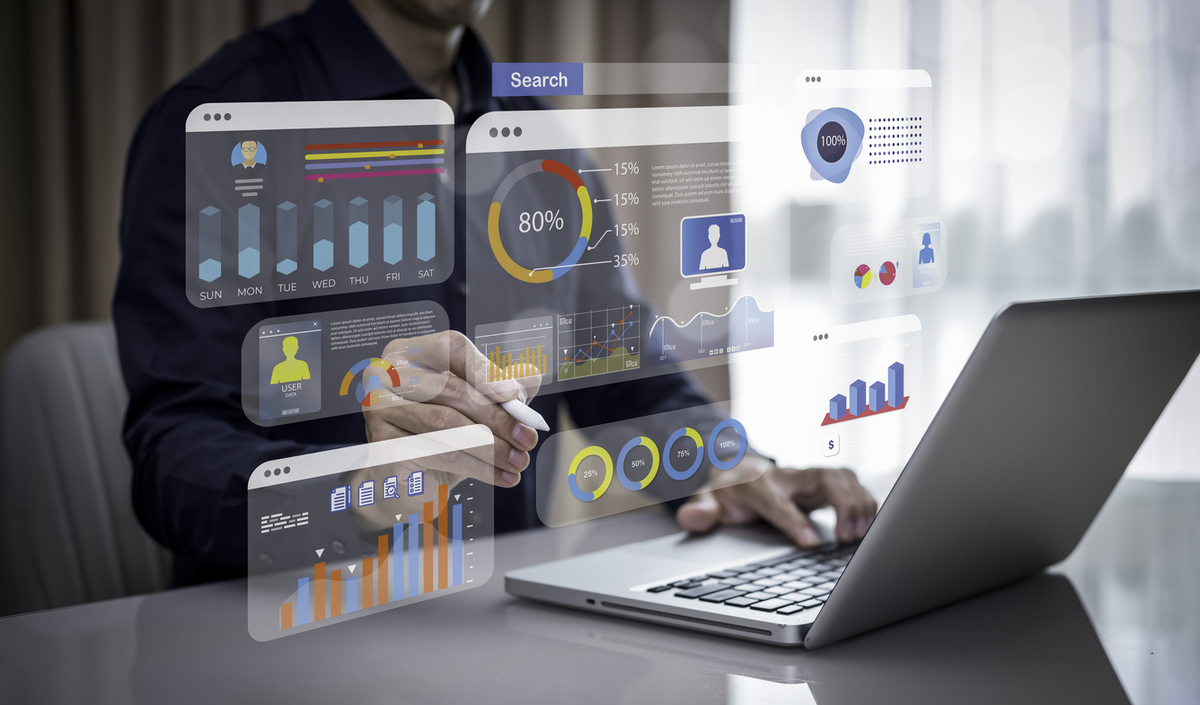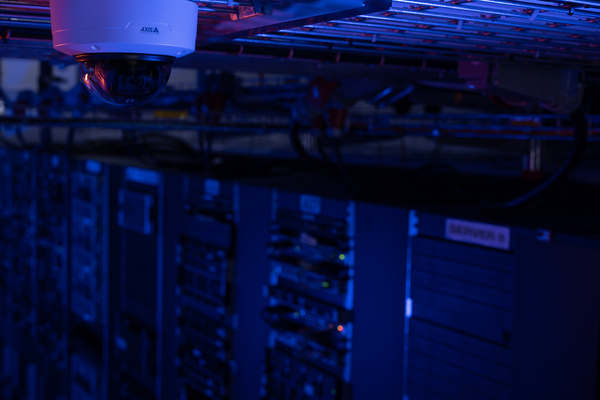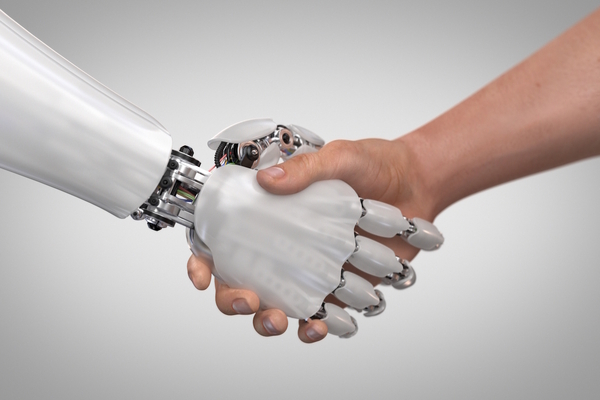AI in HR: using technology to focus on people
Sponsored by BambooHRArtificial intelligence (AI) can change the way we approach HR and create a more productive, personalised workplace experience

In the early 2010s, venture capitalist Marc Andreessen wrote that “software is eating the world,” highlighting the emergence of new technology. Today, it seems it’s artificial intelligence (AI) that’s eating the world.
Steve Jobs once called the personal computer “a bicycle for the mind”. But generative AI can feel like an e-bike for the mind, with the ability to take you further for the same effort. Today, anyone can use AI to generate text, images and even video content.
Meanwhile, businesses are investing and discovering how to best use AI as experts predict 2024 will be a pivotal year for AI. Big tech suppliers of AI services and infrastructure are seeing massive financial gains on the heels of the latest developments.
While the generative AI wave might feel sudden, AI and machine learning is really a decades-long story with a diversity of techniques. It’s been quietly doing many jobs, such as filtering spam from your inbox, for years. Deep learning theory emerged in the 1980s, but it wasn’t until powerful GPUs were abundantly available that it really took off (thanks, gamers!). There are still many applications of “traditional” machine learning techniques to complement generative AI and large language models (LLMs).
Like other major technology evolutions, AI will be a disruptive force in the workplace. HR teams are well-positioned to help navigate change, and they can play a critical role in helping individuals and organisations adapt and make sure AI is beneficial.
Putting AI to work in HR
Though just one in four employers use AI to support HR right now, most of those have adopted it within the last year. And 76 per cent of HR leaders believe using AI solutions in the next 12 to 24 months will prevent them from lagging behind other companies, which means it’s likely to gain even more traction.
So how exactly do HR professionals benefit from AI solutions? HR is tasked with juggling complex human needs with reams of documentation and data analysis – and doing it all as efficiently as possible. Fortunately, efficiency is AI’s specialty.
There’s a spectrum of AI tools and methods to consider:
- Off-the-shelf GenAI is the most accessible way to begin using AI – services such as ChatGPT or AI-enabled browsers can help you research and author job descriptions, policies, candidate communications, internal announcements, and more.
- AI-powered HR tech is emerging rapidly. A powerful HRIS contains an abundance of information about an organisation and its people. As HR tech vendors ramp up AI, it’ll become easier to retrieve needed information and get helpful insights.
- Job-specific AI tools are built with engineers, marketers, support reps, or other groups of employees in mind. These tools can be seen as partners in specific tasks, such as coding, copywriting or customer service.
- Custom AI solutions can be built by in-house teams of AI/ML engineers and data scientists, weaving together commercial services and open-source tools with proprietary code and machine learning models to meet specific needs.
Three ways AI tools are shaping the future of HR
AI tools complement the modern workforce, from the simplest recruiting tasks to complex payroll issues. Here are examples of how HR can benefit from AI today:
HR data and analytics
A big part of an HR professional’s job is retaining employees and facilitating a positive company culture.
At BambooHR, we’ve introduced AI tools that help HR pros identify themes and trends in employee feedback. Instead of combing through hundreds of individual responses, leaders get summaries of what employees like, dislike and suggest. Using this data helps leadership prioritise improvements to the employee experience that drive retention.
Hiring and recruiting
AI-assisted recruiting and job advertising solutions accelerate the hiring process. In fact, your resume processing program has likely used machine learning for years to help sift and tag applicants.
Now, you can use generative AI to draft job descriptions, and job boards are using AI to help recruiters find new talent. Some companies have ushered their remote hiring processes into the future with virtual reality (VR) – and your next interview could even be with a bot.
Care must be taken to evaluate tools and ensure fairness and compliance with laws such as New York City’s latest AI law, which aims to combat potential bias in employment decisions.
Learning and development
One opportunity for development is helping employees make safe use of AI. HR departments can be instrumental in developing AI guidelines. A typical workplace AI policy helps employees gain familiarity with best practices such as:
- Taking thoughtful ownership of content co-created with generative AI
- Using discretion when evaluating where AI is acceptable – and where it isn’t
- Identifying reputable AI tools that meet standards of security, ethics and fairness
- Prioritising data privacy to safeguard sensitive employee information
- Setting standards such as opting out of letting vendors use your data for model training
HR professionals can also help leaders consider how the organisation should evolve, help employees cultivate job-specific AI tools and skills, or have generative AI assist in developing training curriculum.
Prepare for the future
Using artificial intelligence to create a more human workplace may sound ironic, but collaboration between people and machines has a history of streamlining mundane tasks to free up time for more impactful work.
As HR uses AI to tackle repetitive tasks, the “human” in human resources will be crucial to connect with candidates and employees on a personal level and to prevent misuse.
That being said, businesses are optimistic about the future of AI in HR, and HR professionals currently using the technology are 16 times more likely to say it’s transforming existing jobs, not replacing them.
Among US workers, those who are most exposed to AI are also the most likely to feel optimistic about the technology’s potential – and HR professionals have a powerful opportunity to create positive experiences with AI through daily workplace activities.
BambooHR recently surveyed 1,200 HR professionals to discover what challenges are top of mind in 2024 – and how they’re turning obstacles into opportunities. Download BambooHR’s latest State of HR Report here.
by Alan Whitaker, Head of AI, BambooHR

Business Reporter Team
Related Articles
Most Viewed
Winston House, 3rd Floor, Units 306-309, 2-4 Dollis Park, London, N3 1HF
23-29 Hendon Lane, London, N3 1RT
020 8349 4363
© 2025, Lyonsdown Limited. Business Reporter® is a registered trademark of Lyonsdown Ltd. VAT registration number: 830519543





